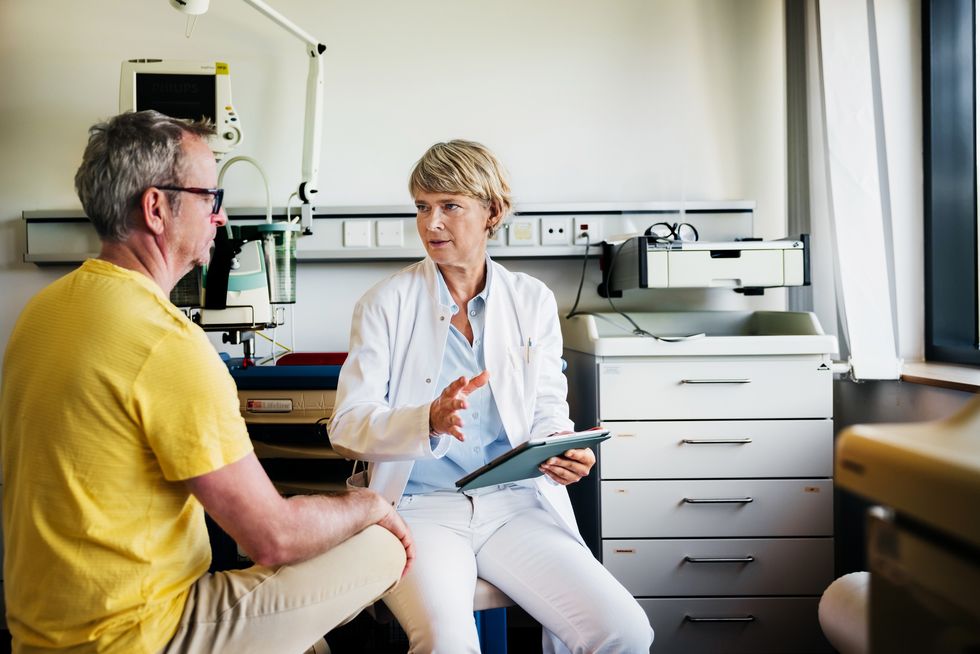Infection may trigger a heart attack, scientists discover in medical breakthrough

The findings could 'transform' prevention and treatment, and may even lead to a vaccine
Don't Miss
Most Read
Revolutionary findings from scientists in the UK and Finland suggest that heart attacks may be triggered by infectious processes, not just cholesterol and lifestyle factors.
The international team identified that bacterial biofilms can remain dormant inside arterial plaques for decades.
Dormant bacteria are shielded from the body's immune system and antibiotic treatments due to their protective matrix.
However, when a viral infection or other trigger activates these bacteria, this leads to the proliferation of bacteria and an inflammatory response.
This inflammation can cause a rupture in the plaques and create blockages, resulting in thrombus formation and ultimately, heart attacks.
The research, published in the Journal of the American Heart Association, challenges the traditional understanding of heart disease causes.
Professor Pekka Karhunen, who led the study, noted that until now, it was assumed that events leading to coronary artery disease were only initiated by oxidised low-density lipoprotein (LDL).
She explained: "Bacterial involvement in coronary artery disease has long been suspected, but direct and convincing evidence has been lacking.
LATEST DEVELOPMENTS:

'Bacterial involvement in coronary artery disease has long been suspected'
|GETTY
"Our study demonstrated the presence of genetic material – DNA – from several oral bacteria inside atherosclerotic plaques."
The researchers developed an antibody targeting these bacteria, which unexpectedly revealed biofilm structures in arterial tissue.
Bacteria released from the biofilm were observed in cases of myocardial infarction (heart attack).
The research involved tissue samples from people who died from sudden cardiac death, as well as from patients with atherosclerosis who were having surgery to clear their carotid and peripheral arteries.
This medical breakthrough paves the way for the development of new diagnostic and treatment strategies, as well as preventative measures.
Experts at ScienceDaily celebrated the findings, stating: "This discovery could transform prevention and treatment, even leading to vaccines against heart disease."

The medical breakthrough could transform prevention and treatment
|GETTY
The study was conducted by Tampere and Oulu Universities, the Finnish Institute for Health and Welfare, and the University of Oxford.
It formed part of an extensive EU-funded cardiovascular research project involving 11 countries.
NHS guidance on preventing a heart attack
- Quit smoking
- Lose weight if you are overweight or obese
- Exercise regularly – aiming for at least 150 minutes of moderate-intensity aerobic exercise each week, unless advised otherwise by your doctor
- Eat a low-fat, high-fibre diet, including wholegrains and at least five portions of fruit and vegetables a day
- Moderate your alcohol consumption











